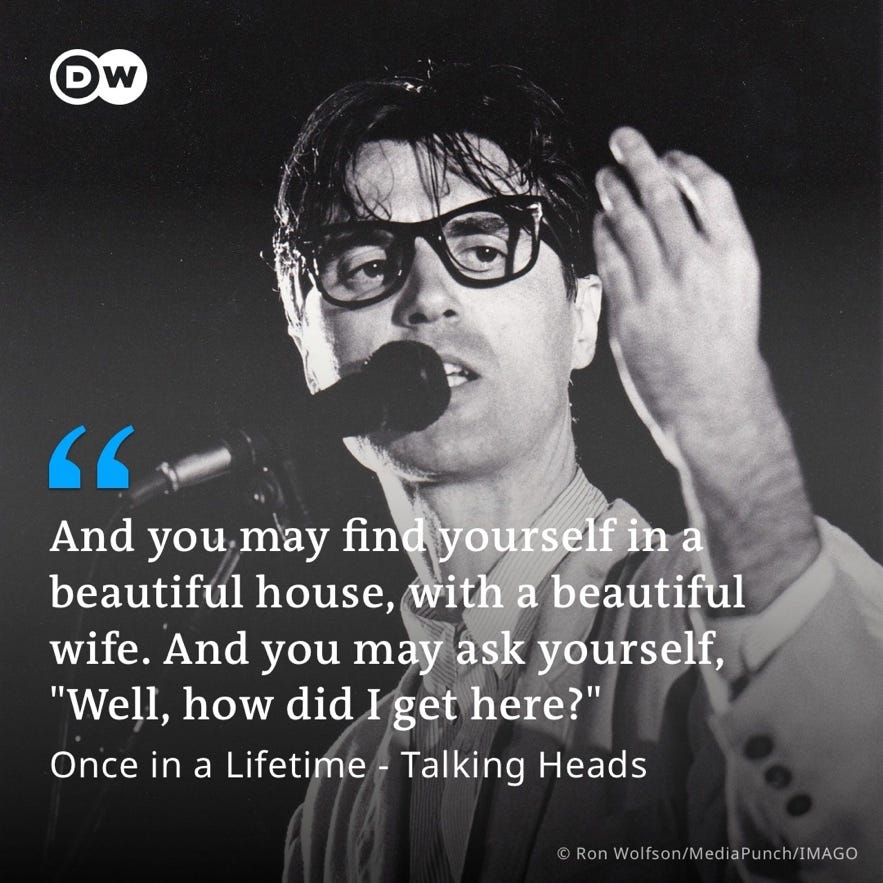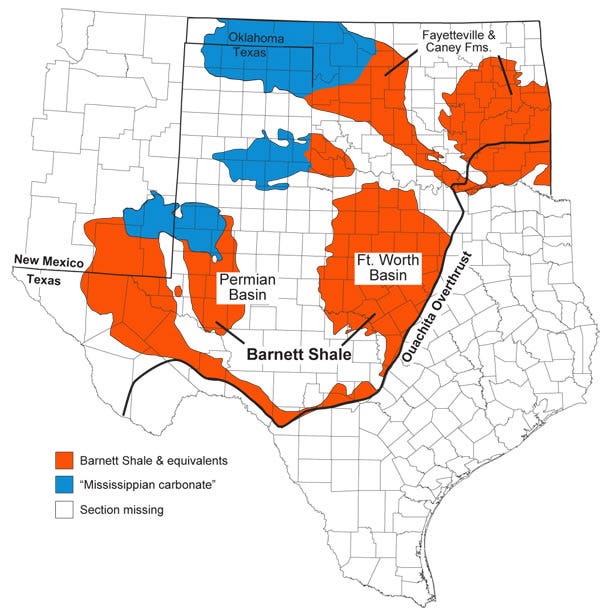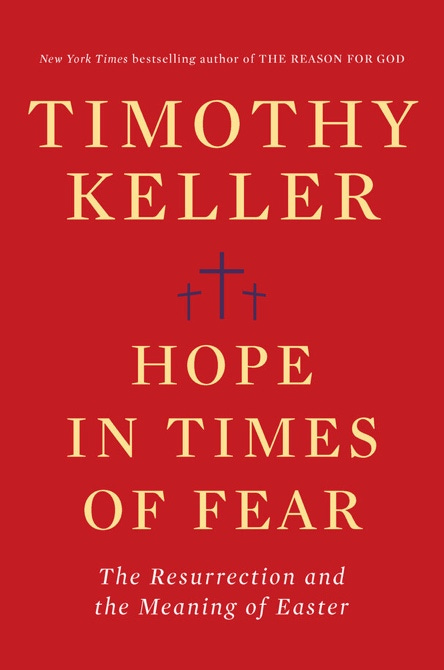Whatever Happened to Local Control?
Has there been a generational sea change in the philosophical grounding of Texas Republicans? Or is it just raw power politics? We report, you decide. Hint: The Death Star.
Welcome to this installment of Life Its Ownself. Your support encourages me to write and publish regularly. I do not charge for subscriptions so the maximum number of people can read me. Please let me know how I’m doing by feedback by 1) liking, 2) subscribing, 3) sharing with others, and 4) commenting below.
Friday, May 18, 2023
There are ten days remaining in the 88th Regular Session of the Texas Legislature. Already the state’s leaders are threatening a special session, likely for September, on vouchers education savings accounts parental choice.
One very consequential bill likely to make it to the Governor’s desk would restrict local governments’ authority to pass and enforce laws in several critical areas, including labor, agriculture, natural resources and finance. State pre-emption of local authority in these areas is unprecedented, so it behooves us to ask, in the words of David Byrne, “Well, how did I get here?”
Part the First: A Brief History of Fracking
The nascent American petroleum industry gained a new technology in 1862 when Col. A.L. Roberts invented an exploding torpedo which, when lowered into an oil-producing well, would disturb the surrounding rock sufficiently to improve the flow of oil. By 1949, a new take on the process – injecting large quantities of water, chemicals, and sand at pressures high enough to crack the rock, releasing trapped oil and gas to flow to the surface – was born: “hydraulic fracking.”
Part the Second: Fracking Comes to Denton
This technology was useful for coaxing oil and (particularly) gas out of shale deposits that had previously frustrated. Combined with horizontal drilling, fracking uncovered new energy reserves. The biggest “play” in Texas was in the Barnett Shale, a massive underground formation whose northeastern edge was in quiet Denton County. Led by Mitchell Energy, which pioneered “slick-water fracking” in 1997 and used horizontal drilling, energy exploration in the region took off. According to the U.S. Energy Information Administration (EIA), by 2004 there were roughly 400 producing horizontal wells. By 2010 there were more than 10,000 horizontal wells, which accounted for the majority of production in the Barnett Shale.[i]
Fracking in the Barnett Shale changed the American energy exploration industry, but it did not please all the people of Denton. In November of 2014, a citizen referendum to ban fracking within the city limits won 59% of the vote. Fracking bans also passed in an Ohio city and two California counties.
Part the Third: The Legislature Begs to Differ
In response, the Legislature that spring passed HB 40, which “expressly pre-empted regulation of oil and gas operations by municipalities and other political subdivisions.” Alluding ominously to a “patchwork of local regulations” that threatened among other things, private property rights, Governor Greg Abbott enthusiastically signed the bill. Apparently, he was not referring to the private property rights of the citizens of Denton, Texas.
Part the Fourth: But What About “Local Control?”
HB 40 raised some philosophical issues for old-school Republicans, who had been raised on the bread and butter of “local control.” Local control – the notion that decisions should be made at the level and by the people that are most affected by those decisions – was foundational to the American Republic. Thomas Jefferson wrote,
What has destroyed the liberty and the rights of man in every government which has ever existed under the sun? The generalizing and concentrating all cares and powers into one body .... The way to have good and safe government is not to trust it all to one, but to divide it among the many ... It is by dividing and sub-dividing these republics, from the great national one down ... that all will be done for the best.
Local control was built into the Texas Constitution of 1876. The executive power was divvied up among multiple elected officials. The Legislature itself only met for five months every two years. It authorized cities (over 5,000) to govern and tax themselves. A 1912 amendment to the constitution gave cities “home-rule” authority.
In the middle of the last century, local control as a governing principle found new energy as a reaction to the overreaching central government of Franklin Roosevelt’s New Deal and Lyndon Johnson’s Great Society. It had a natural home in a state like Texas, where it ratified the prevailing ideology of the state’s constitution.
What, then, to make of the central government’s decision to overrule the will of the voters of the city of Denton? One attempt was made by then-Senator Konni Burton, publishing an essay called “Local Control: A Tool, Not a Rule” in 2016. Burton made a circular argument that local control is good for cities unless it conflicts with the State. OK. She then argues that the state government is charged with preserving “liberty,” which is undefined. If a local law or ordinance infringes on this “liberty,” then it is the right and the duty of the State to impose its supremacy on the local government. As Burton put it, “The government which governs least governs best, and when the political subdivisions of the state overreach, it is the responsibility of the state to intervene on behalf of its citizens.”
Not a completely arbitrary standard at all, Konni.
In practice, Burton’s “liberty” turned out to be the ability of private businesses to be free of local regulation. For instance, the right of energy explorations companies to drill fracking wells wherever they want. Or the right of payday lenders to gouge city residents with whatever interest rates they could sustain. Or the right of Uber and Lyft to run their businesses as they see fit in the cities that power all their profits.
But the most important lens to view this philosophical debate through turned out to be power: a Republican-controlled Legislature, philosophically and politically committed to the success of business over the protection of the public, was exerting its power over Democratic-controlled city and county governments that were making the opposite calculation. And beating down those Democrats was politically delightful.
Part the Fifth: The Death Star
Which brings us to House Bill 2127, which calls itself the “Texas Regulatory Consistency Act” but is known as the “Death Star” by people who see it as a broad, across-the-board attack on local governments. The bill has passed both the House and Senate, and some version of it seems destined for the Governor’s desk.
The bill represents a new low point in the power struggle between the GOP-led Legislature and Texas’s big cities and counties, almost all of whom have Democratic leaders. The Democrats complain that their cities drive the economic engines of the state and power the so-called “Texas Miracle” that Abbott and others like to brag on. If the cities cannot regulate, say, short-term rentals, they will lose some of their attractiveness. For their part, state leaders like to lament the dreaded “patchwork of local regulations” they believe inhibits economic growth.
This tension will exist until the state reaches a new equilibrium between the GOP-dominated government and its big cities and counties, most of whom are led by Democrats. And that will require a shift in the statewide politics, or in the local politics of cities such as Houston, Dallas and San Antonio. Who will blink first?
Your weekend reading … I’ve been trying to suggest, on a weekly basis, a think piece or profile I think will make you smarter. My criteria is simple: they make me smarter. This week, I recommend this interview with Timothy Keller,[ii] the founding pastor of Redeemer Presbyterian Church in Manhattan, about his latest book, Hope in Times of Fear: The Resurrection and the Meaning of Easter.The interview is thought-provoking and inspirational.
If we hadn’t elected Ted Cruz, we’d have to make him up … Cruz calls for an investigation into Bud Light and its transgender spokesbot. The WaPo thinks it’s a stunt. People on Fox News think he should be more worried about Colin Allred.
Have a good weekend!
[i] An Energy Revolution: 35 Years of Fracking in the Barnett Shale
[ii] Sadly, Rev. Keller died of pancreatic cancer this week.








If he signs, wait... who am I kidding?...when he signs the Death to Local (Democratic) Control, we better see a shit ton of suits from everywhere.
Thanks for highlighting this evil bill. Recently I was reading the first article in a series on AL.com that was awarded the Pulitzer Prize about how the lost cause of the confederacy continues to affect African-Americans in Alabama. https://www.al.com/news/2022/01/alabamas-capitol-is-a-crime-scene-the-cover-up-has-lasted-120-years.html
In 1901 that state passed a new constitution (the minutes of the meetings overtly declared maintaining white supremacy) that consolidated political power in the Legislature — and away from city and county governments where Black majorities might decide their own affairs. This disenfranchised the black vote and installed Jim crow for a long time. I'm surprised that no one has made that connection with this Texas legislation. Although your points are definitely the most obvious & visible, controlling voting hours and locations is certainly on their agenda.